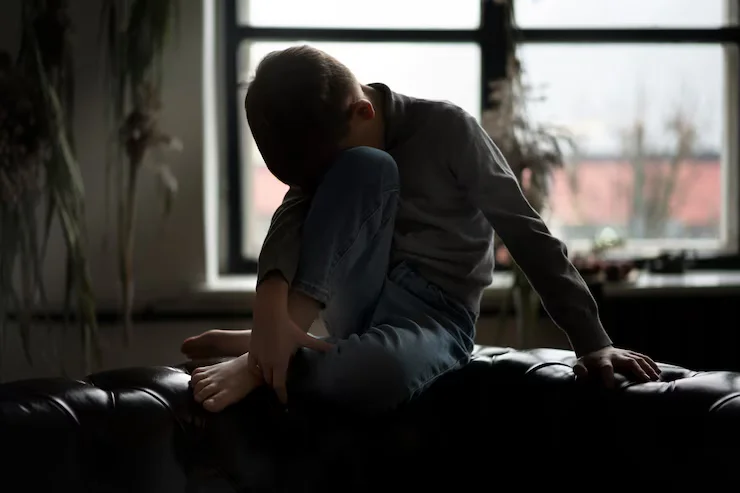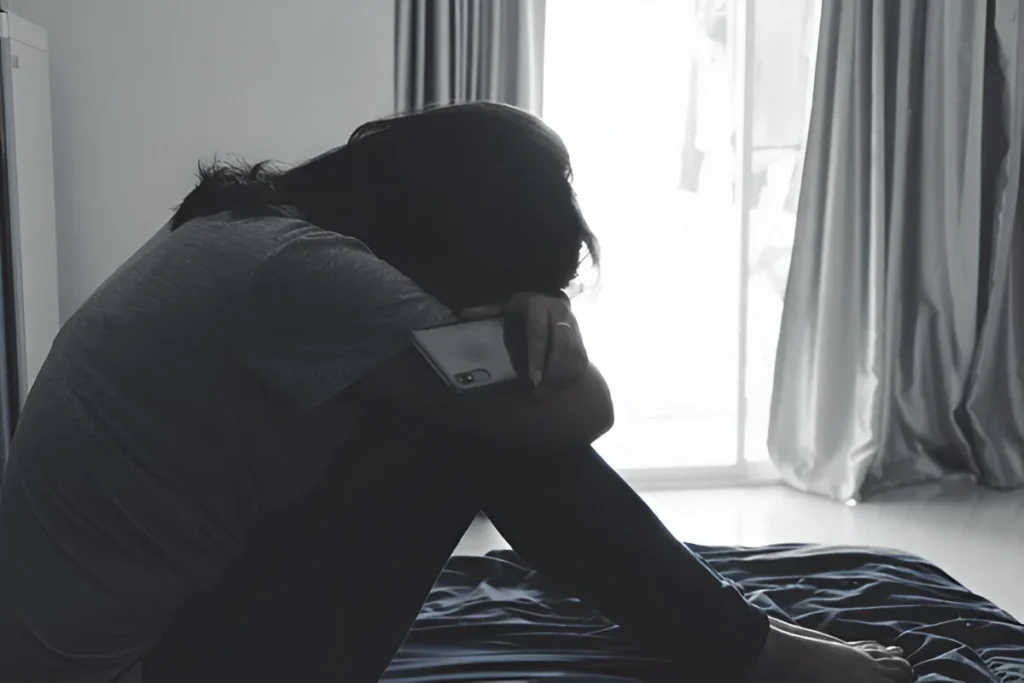-
129, Block-A Bangur Avenue, Mousumi Appartment, Kolkata 700055
129, Block-A Bangur Avenue, Mousumi Appartment, Kolkata 700055

Childhood trauma can affect your adult life deeply. Learn how therapy helps heal pain with guidance from a reputable counselor.
Our childhood experiences play a major role in shaping who we are as adults. While positive memories can bring comfort, unresolved pain from traumatic events often lingers for years, influencing emotions, relationships, and overall well-being.
Healing from childhood trauma is a journey—and therapy is one of the most effective tools to guide you through it.

Unresolved trauma from early years doesn’t just stay in the past. It often shows up in adulthood as:
Recognizing and addressing these patterns is the first step towards breaking free from their hold.
Childhood trauma isn’t limited to extreme events. It can stem from experiences like:
Even seemingly small events can leave deep marks when they occur during the formative years.

Healing is possible, and therapy provides a safe, structured environment to work through the pain. Here’s how:
Different approaches can be tailored to meet your specific needs:
With the support of the best psychological counselor in Kolkata, you can:
If you’re unsure whether therapy is right for you, ask yourself:
If you relate to these, therapy could be a life-changing step.

Q1. How long does it take to heal childhood trauma through therapy?
The healing process varies for each person. Some see changes in months, while others may need longer to process deeply rooted pain.
Q2. Can childhood trauma cause physical symptoms?
Yes. Trauma is stored in the body and may manifest as chronic pain, fatigue, or digestive issues. Therapy helps address both emotional and physical aspects.
Q3. Is it too late to heal from childhood trauma as an adult?
No. Healing is possible at any age. Many adults successfully overcome childhood trauma and build healthier, happier lives.
Q4. How do I choose the right therapist for childhood trauma?
Look for someone experienced in trauma-informed care and with whom you feel safe and understood.
Q5. Can therapy completely erase traumatic memories?
Therapy doesn’t erase memories but helps you process and integrate them so they no longer control your present.
Healing from childhood trauma is not about forgetting the past—it’s about reclaiming your present and building a healthier future. Therapy offers the tools, guidance, and support you need to work through the pain and emerge stronger.
With the care of a professional counseling service, you can start your journey toward emotional freedom and rediscover the joy and confidence you deserve.